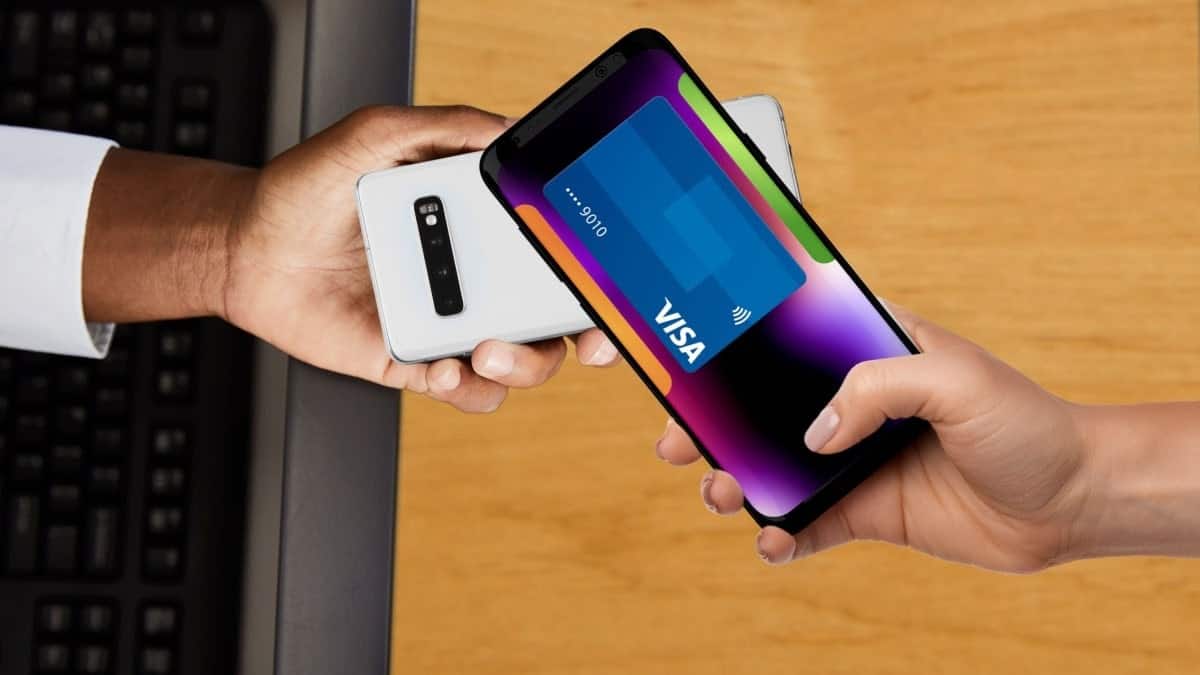During the Black Friday we are all on the hunt for the best offers, both in physical stores and online. However, even i cyber criminals they want to take advantage of the opportunity. While shopping on Black Friday, you need to watch out for fraud, as highlighted in the report Holiday Edition Threats Of Visawhich gives us some advice to avoid them.
Avoid fraud during Black Friday, advice from Visa
This report anticipates a significant increase in cybercriminal activities in the period from November 2023 to January 2024. In this period of time, the cyber attacks are expected both on card transactions carried out physically in stores and on those carried out via e-commerce.
The main threats identified by Visa in its report are different and cover multiple types of fraud:
- Web skimming: This method allows scammers to steal shopper account details from online stores and then monetize them.
- Phishing e social engineering: Thanks to the evolution of artificial intelligence, scammers can create highly personalized phishing campaigns, making it harder for consumers to recognize fraudulent messages.
- Skimming at ATMs and POS: As traffic at ATMs and stores increases, scammers are focusing on skimming attacks to obtain sensitive data.
- Bypass e provisioning dell’OTP: Visa has identified new schemes to bypass one-time passcodes and access cardholder accounts.
- Physical theft: Fraudsters may attempt to physically steal payment cards or phones from unsuspecting consumers in crowded stores or parking lots.

Andrea Zamboni, Digital Solutions Director, Southern Europe at Visa, underlined: “Black Friday represents an opportunity for fraudsters, who take advantage of the increase in activity and the greater distraction of consumers looking for the cheapest offer.” Visa, however, is committed to ensuring security and reliability, monitoring threats 24/7.
Faced with these dangers, Visa offers a number of advice to consumers for safe shopping during Black Friday:
- Buy from reputable stores: Favor well-known shops and do preliminary research on the reputation and authenticity of lesser-known ones.
- Protect your personal information: Make sure websites are secure (address starts with https://) to ensure data encryption.
- Avoid public Wi-Fi: Prefer secure and private connections to avoid the interception of information on unprotected networks. If so, use a VPN.
- Be cautious about incredible offers: Offers that are too good could hide scams; caution is always advised.
- Use secure payment methods: Payment cards often offer more protection than other payment methods.
- Check emails and messages: Don’t click on suspicious links and always check the authenticity of the senders.
- Update devices and software: Regular updates include security patches to protect against new threats.
- Set strong passwords: Use unique passwords and enable two-factor authentication for added security.
Thanks to the action of its experts, Visa has helped stop fraud for 30 billion dollars in the first six months of 2023: few have the same experience. Attention to online security is essential. Consumers need to be aware of the risks and take precautions to avoid becoming victims of digital fraud.















Leave a Reply
View Comments